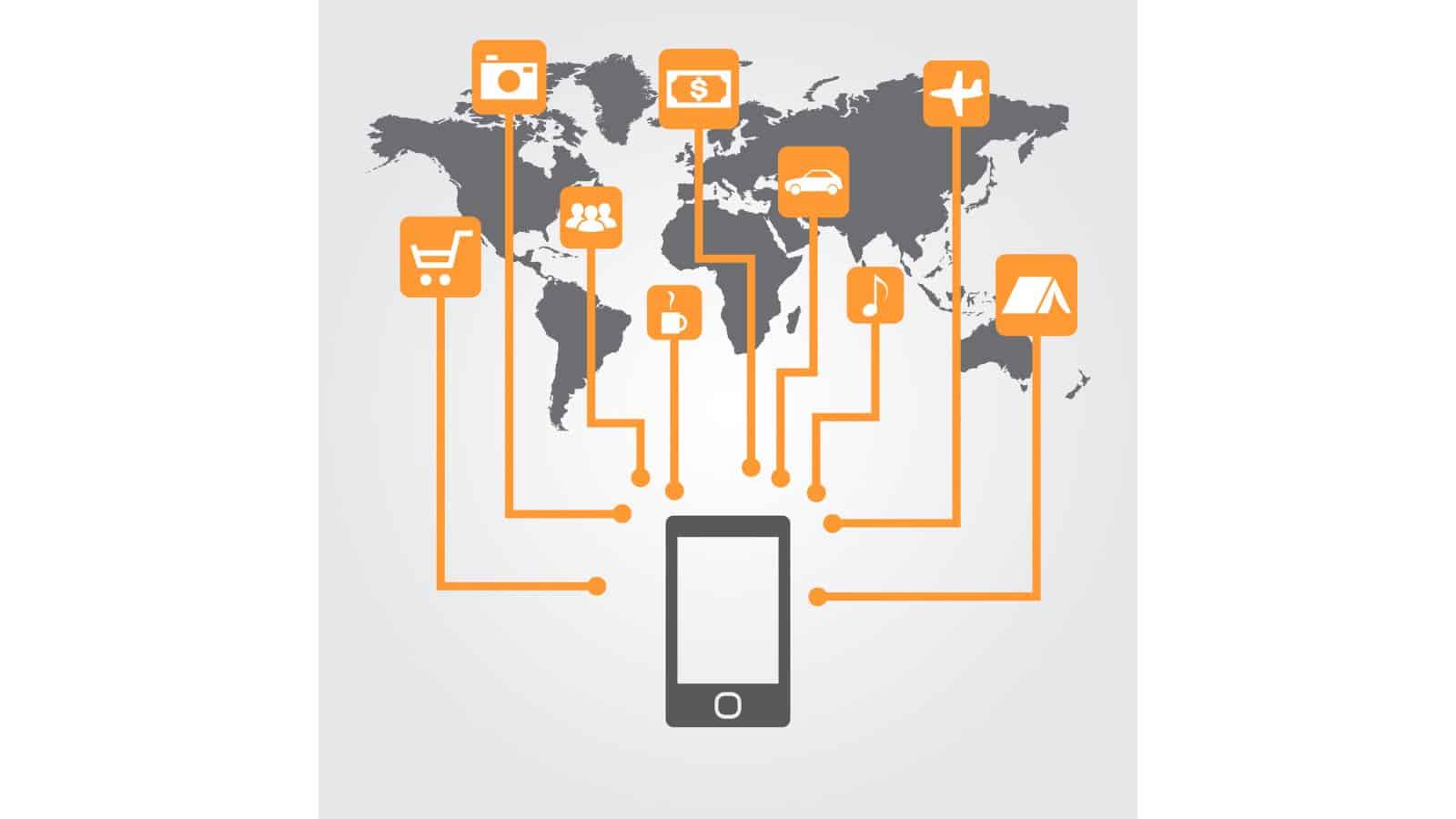15 Ways to Make Money That Are Technically Legal, But Are Definitely Unethical

In a world where the line between right and wrong can sometimes seem blurred, there are numerous ways people have found to make money that sit uncomfortably in the gray area between legality and morality. While these methods are technically not against the law, they often skate on the thin ice of ethical standards, raising questions about fairness and integrity.
It’s important to discuss these methods because they can cause real harm to individuals and society, despite being allowed by law. Understanding these practices can help you recognize when something isn’t quite right, even if it doesn’t technically break any rules.
1. Exploiting Legal Loopholes in Tax Laws

Some individuals and corporations use intricate strategies to exploit loopholes in tax laws. Although technically legal, these practices often involve shifting profits to low-tax jurisdictions to avoid paying taxes where the money is actually made. This practice, although lawful, deprives governments of revenue needed to fund public services and infrastructure. Critics argue that while it’s legal, it undermines the spirit of tax laws designed to ensure fair contribution from all parties.
2. Selling Personal Data Without Clear Consent

In the digital age, collecting and selling personal data can be a lucrative business. Companies often gather information through less transparent means or buried terms of service agreements. While this practice may comply with legal standards, especially if some form of consent is buried within lengthy user agreements, it raises significant ethical concerns regarding privacy and the exploitation of users’ lack of awareness about their data rights.
3. Payday Lending

Payday lenders offer short-term loans at extremely high-interest rates, targeting individuals who are in desperate financial situations. While these loans are legal, they can trap people in a cycle of debt that is difficult to escape. Critics argue that although payday lending is regulated, the practice preys on the financial desperation of the poorest and most vulnerable groups in society.
4. Price Gouging During Emergencies

Some businesses engage in price gouging during natural disasters or emergencies, charging exorbitant prices for essential goods like water, food, or shelter. This practice might not always be illegal, depending on local laws and the declaration of a state of emergency. However, it is widely considered unethical as it exploits people’s desperation and need for essential supplies during critical times.
5. Creating Addictive Technologies

Companies, especially in the tech and gaming industries, sometimes design products that are intentionally addictive. These products often encourage prolonged usage and can lead to social, psychological, or financial problems for users. While creating such products is not illegal, the practice raises ethical questions about the responsibility companies should have towards their users’ well-being.
6. Short Selling in the Stock Market

Short selling involves betting that a company’s stock will decline in value, which can sometimes lead to aggressive tactics like spreading negative rumors to drive the price down. While short selling itself is a legal investment strategy, its aggressive application can be seen as unethical, manipulating markets and potentially harming companies and their employees.
7. Rent-Seeking Behavior

This involves earning income by manipulating the social or political environment in which economic activities occur rather than by adding value. Examples include lobbying for regulatory changes that benefit specific industries or companies at the expense of the public good. While these actions are often legal, they can be considered unethical as they promote inequality and inefficiency.
8. Selling Expired Products with Altered Dates

Some businesses engage in the practice of selling expired products by altering the expiration dates. This is especially common in industries where products do not immediately show signs of expiration, such as packaged foods and cosmetics. While this can sometimes skirt the boundaries of legal frameworks, especially if not explicitly caught by regulations, it poses serious ethical questions and risks to consumer health. It exploits consumer trust and prioritizes profit over safety.
9. Using Insider Information for Trading

Trading based on insider information is illegal in many jurisdictions, but there are grey areas where the legality is ambiguous. For example, using non-public information that is not clearly defined as insider under current regulations can lead to gains in stock markets. Although those who engage in this practice may argue they are operating within legal limits, it is fundamentally unfair to other investors who do not have access to the same information. It disrupts the level playing field that financial markets are supposed to uphold.
10. Academic Essay Writing Services

Some entrepreneurs run services that write essays and academic papers for students who then submit these as their own work. These services technically operate within legal bounds in many countries, as no direct law prohibits ghostwriting. However, this business model encourages academic dishonesty and undermines the integrity of educational qualifications. It’s a profit-making operation that exploits educational institutions’ inability to detect and regulate such practices.
11. The Bail Bonds Industry

In the United States, the bail bonds industry profits by providing money for bail to those charged with crimes in exchange for a non-refundable fee. While this service provides a legal route to freedom before trial, it often targets the most economically vulnerable populations who might not have the means to pay bail otherwise. This industry’s existence raises ethical concerns about justice and equality, as it profits from others’ misfortunes and perpetuates a cycle of debt and incarceration among the less privileged.
12. Multi-Level Marketing Schemes

Multi-level marketing (MLM) companies operate legally in many areas but straddle a fine line between legitimate business and unethical practices. These companies often earn more from recruiting new sellers than from selling actual products, creating a pyramid-shaped earnings model. Participants are frequently promised potential profits that are much higher than realistically achievable, leading to financial losses for most distributors. This business model is often criticized for being exploitative and misleading.
13. Squatting on Domain Names

Some individuals and firms engage in the practice known as “domain squatting,” where they buy and hold internet domain names that are likely to be wanted by other businesses or individuals, then sell them at inflated prices. This practice is legal but considered unethical by many because it capitalizes on the need for particular domain names without intending to use them constructively. It creates an artificial scarcity and forces businesses or individuals to pay a premium to obtain relevant online identities.
14. Flipping Found Art for Profit

In the art world, some find it profitable to buy artworks from unknown or less recognized artists at low prices only to sell them at much higher prices without the artist benefiting from the resale. This practice, while legal, often exploits the original creators who do not retain ownership over the future value of their works. It raises questions about the ethical treatment of artists and the fair sharing of profits derived from their creativity.
15. Creating and Selling Deepfakes

The creation and sale of deepfake technology, which involves using artificial intelligence to make it appear as though someone is saying or doing something they are not, has become a controversial issue. While this technology can have legitimate uses, such as in film production for deceased actors, it is often used to create misleading or harmful content. Selling services that create deepfakes can be lucrative, especially if targeting individuals who wish to harm reputations or create fake endorsements. Although not specifically illegal in all jurisdictions, it raises severe ethical concerns about consent, truth, and the potential for damage.
How To Make Money Without a Job

How To Make Money Without a Job
Creative Ways To Make Money







